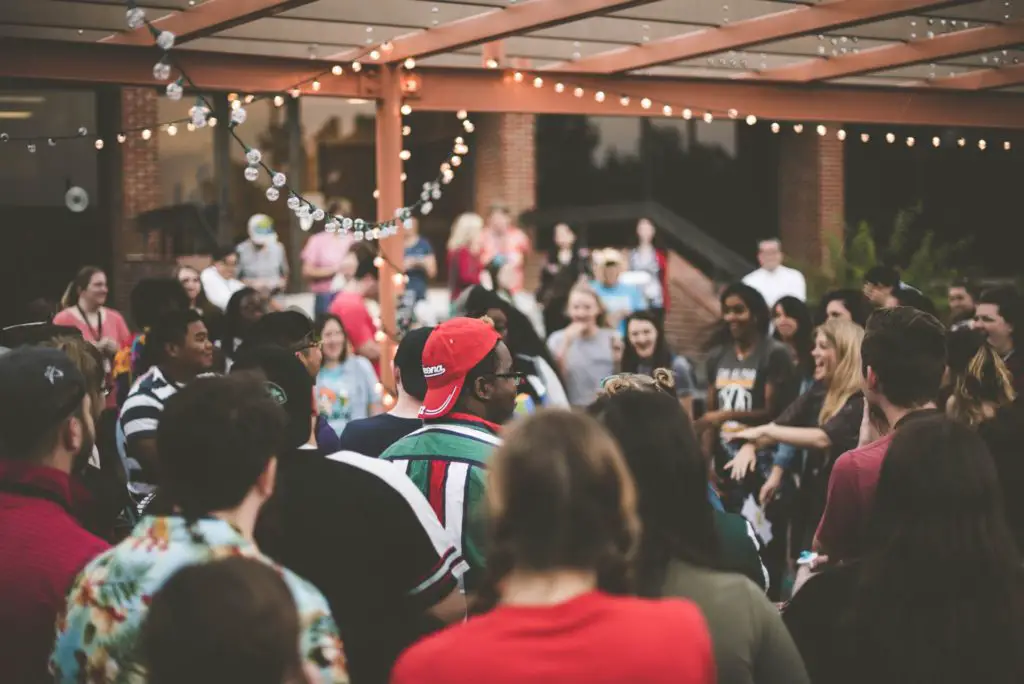Students across the US are defying coronavirus measures soon after classes resumed for the fall semester. It has forced colleges to suspend students or impose sanctions to prevent the spread of the virus.
In one of the cases, Northeastern University dismissed 11 first-year students after they were discovered together violating health protocols. The students can return in the spring, but won’t be refunded their $36,500 tuition fee.
In a news release by the university, Senior Vice Chancellor for Student Affairs Madeleine Estabrook said, “Students who host an unsafe (no masks and without healthy distancing) gathering, social or party, either on or off-campus can expect suspension.”
In a similar case, New York University suspended more than 20 students over their failure to comply with safety measures. The crackdown came soon after reports poured in about large crowds partying at Washington Square Park.
“We are investigating the circumstances from last night and any students who have violated our expectations will be subject to disciplinary action,” the university said on Twitter.
Colleges have taken adequate safety measures to reopen for the fall but an increasing number of parties and social gatherings are dealing a major blow to their efforts. In one of the cases, a video that went viral showed a Texas Tech student at a party claiming to have COVID-19.
What’s happening at Texas Tech. Side note, I do not know this girl but she was brave enough to post this for others to see! If you are selfish like this with no regards for others safety, fuck off! pic.twitter.com/8K3G85Zkxk
— taylor smith (@tayylorcsmith) September 5, 2020
To grapple with the pandemic at the beginning of the fall semester, colleges are now taking stronger measures to keep the virus in check, including banning students from campus or even forcing them indoors.
Ohio State University, for example, suspended 228 students even before the semester began after they were found partying in large numbers.
Despite repeated reminders to adhere to university and public health protocols, student gatherings have run rampant across college towns, causing numbers to surge.
In another case of suspension over a large-scale gathering, Cornell University banned students from campus after 39 COVID-19 cases were identified as a result of campus gatherings in the past six days.
A sternly-worded news release by Cornell said, “While we do not publicly discuss individual student sanctions, be assured that this type of irresponsible behavior and disregard for others in our community has been dealt with through significant consequences, including suspension and being banned from campus.” The university will not “shy away from continuing to impose such sanctions where appropriate,” it added.
In addition, West Virginia University has placed an immediate interim suspension on 29 students after reports of large parties at fraternities, while additional sanctions are pending. The suspension implies that the students are banned from campus and cannot take classes in-person or online.
What Lies Ahead
The United States is the worst-affected country in the pandemic, with more than 6.4 million diagnosed cases and nearly 194,000 deaths.
The reopening of schools has led to a further spike in cases. College towns have become full-blown pandemic hotspots after students started flouting mandates and partying in large numbers.
While President Donald Trump supported the reopening of schools this fall, schools still try to grapple with the evolving situation. Some, like the University of North Carolina, have shifted to remote learning just days after college reopened.
Since there is no one-size-fits-all approach possible, students may have to be prepared for an ever-changing school year. Procedures adopted by schools at the beginning of the semester may very well change as the number of cases surge.

